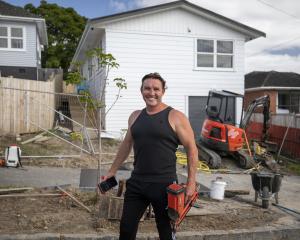
Most Kiwis born before 1969 have already been exposed to measles as it was a common childhood illness before the measles immunisation was introduced in that year. While you might hear older people playing down the impact of measles, the ‘I had measles and I am fine’ sentiment is not a fair reflection of the risk that infection poses to some groups in the community.
While having both doses of MMR vaccination at 15 months and 4 years of age protects about 99% of those vaccinated from infection, there are some people who can’t be vaccinated.
There are people in our community who are especially vulnerable to the effects of measles including babies and those who can’t be vaccinated because of age or medical condition, or who are pregnant or immune compromised.
In New Zealand, more than 15 measles cases out of every 100 are hospitalised. Pneumonia accounts for nearly two thirds of measles deaths. Common complications include ear infections, diarrhoea and pneumonia. There are other rarer complications such as measles encephalitis (an inflammation of the brain) that leaves a significant proportion of those affected with permanent brain damage.
Measles during pregnancy increases the risk of miscarriage and premature labour.
Death occurs in approximately 1 in 1,000 reported cases of measles, overall, in developed countries.
Measles is an airborne virus which means it can be easily passed on through coughs sneezes. Infected individuals are often contagious before they start showing symptoms, increasing the chance that they will give measles to unvaccinated people at their school or workplace.
If you or your family member suspect measles it is important that you immediately isolate yourself. Call your GP or Healthline 0800 611 116 for advice, don’t attend in person.
If you or your family member suspect measles it is important that you immediately isolate yourself. Call your GP or Healthline 0800 611 116 for advice, don’t attend in person.










